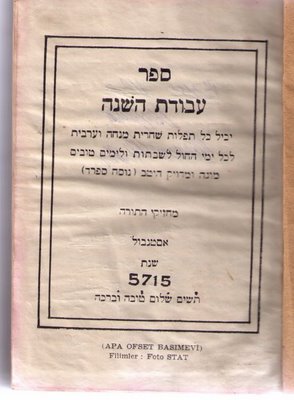
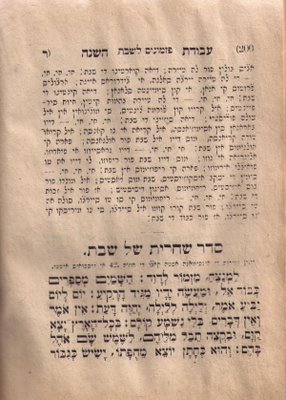
Sidur Daily Prayer Book, Sephardic rite. With laws in LADINO. Printed in Istanbul in 1955. 352 pages,
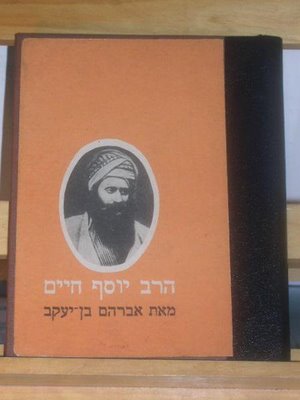
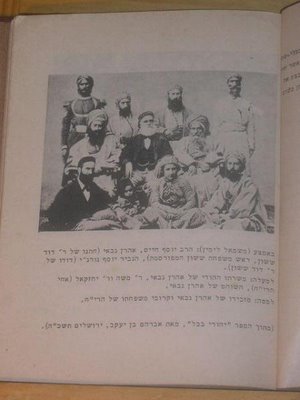
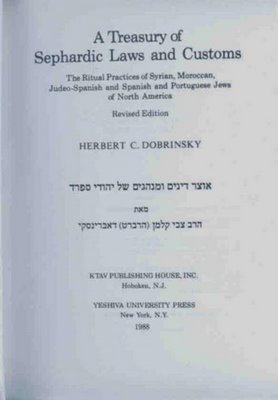
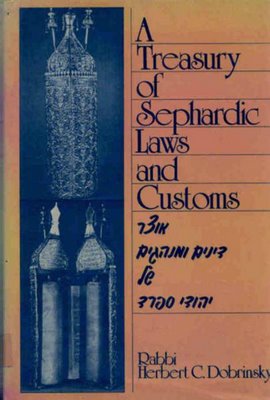
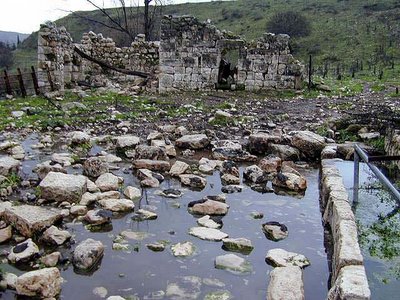 Northern Exposure, the general area of the Kevers. The water from the natural spring.
Northern Exposure, the general area of the Kevers. The water from the natural spring.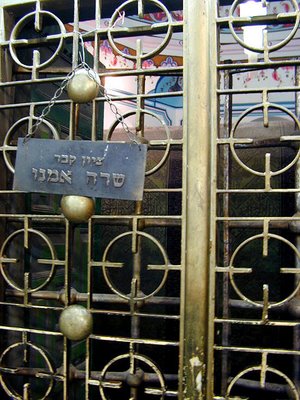 Inside the building of the Cave of the Patriarchs, looking into the Sarah Imeinu room (Sarah is the Matriarch of the Jewish people, the wife of Abraham).
Inside the building of the Cave of the Patriarchs, looking into the Sarah Imeinu room (Sarah is the Matriarch of the Jewish people, the wife of Abraham).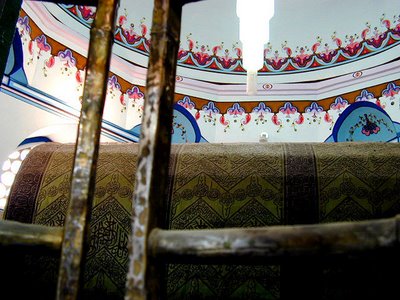 Inside the building of the Cave of the Patriarchs, a closer view of the Sarah Imeinu room (Sarah is the Matriarch of the Jewish people, the wife of Abraham).
Inside the building of the Cave of the Patriarchs, a closer view of the Sarah Imeinu room (Sarah is the Matriarch of the Jewish people, the wife of Abraham).
Sarah Imeinu (Sarah the Matriarch)
Born: 1813 BCE
Died: 1686 BCE
Only four women are called Matriarchs: Sarah, Rebecca, Rachel, and Leah (Berachot 16b).At first she was a princess to her people, then she became a princess to the whole world (Berachot 13a).
Avraham and Sarah were proselytes (Bamidbar Rabbah 8:9).All the proselytes and the G-d-fearing people in the world descended from those who suckled Sarah's milk (Pesikta Rabbati 42:23).
The letter yud of Sarai which was removed from her name stood and cried for many years until Yehoshua ben Nun came and G-d added it to his name (Sanhedrin 107a).
The letter yud flew before the throne of the Holy One, Blessed is He, and said, "Master of the Universe, have You taken me out of the name of the righteous Sarah because I am the smallest of the letters?"
The Holy One, blessed is He, replied, "In the past you were at the end of a woman's name, now I shall place you at the beginning of a man's name: Yehoshua" (Bereishit Rabbah 47:1).
The yud whose numerical value is ten that the Holy One, Blessed is He, took from the name of the Matriarch Sarah was divided. Half (i.e., one whose value is five), was given to Sarah when her name was changed, and half the other to Abraham when his name was changed.
(Yerushalmi Sanhedrin 2:6).All Sarah's years passed in gladness and joy (Lekach Tov, Bereishit 23:1).Thirty-seven years, from the day Yitzchak (Isaac) was born until the moment he was bound on the altar, were years of "life" for Sarah. (Genesis 23:1) (Zohar 1:123a).
Avimelech cursed Sarah, and the curse was fulfilled in her descendant. It is written, "Let it be for you and eye-covering" (Genesis 20:16). He said to her, "Since you covered the fact that Avraham was your husband and thereby you caused me all this grief, may you have sons whose eyes are covered." This was fulfilled in her son, as it is written, When Yitzchak become old, his eyesight dimmed (ibid. 27:1) (Bava Kamma 93a).
Avimelech gave her a royal garment and made her a noblewoman, so that no man would ever approach her. All would hear that she was a queen and would fear her (Tanchuma, ed. Buber, Vayeira 27).Avram said, "See, now I know that you are a woman of beautiful appearance" (Genesis 12:11).
From here you learn that until then he had not known of his wife's beauty, as is common for other husbands (Eitz Yosef) (Tanchuma Lech Lecha 5).
Her RighteousnessWho are the seven prophetesses? Sarah, Miriam, Devorah, Channah, Avigail, Chuldah, and Esther (Megillah 14a).Iscah (Genesis 11:29) is Sarah. Why then was she called Iscah (from the word, gaze)?
Because she could see things through Divine Inspiration (Megillah 14a).We do not find that the Omnipresent spoke directly with any woman except for Sarah (Yerushalmi Sotah 7:1).The Holy One, Blessed is He, spoke to all other righteous women through an angel, but to Sarah He spoke through Divine communication (Lekach Tov, Bereishit 23:1).
At the age of one hundred, she was like a twenty-year-old (i.e., without any sins deserving of heavenly punishment, for at the age of twenty, one-first becomes subject to heavenly punishment) (Bereishit Rabbah 58:1).
The hymn Eishet Chayil, "An Accomplished Woman" (Proverbs 31), was said about the Matriarch Sarah, from aleph to tav (Shocher Tov 112:1).The Matriarch Sarah was exceedingly modest (Bava Metzia 87a).The Patriarch Avraham confounded the views of people and brought them under the wings of the Divine Presence (i.e., he converted them).
Sarah did the same (Avos d'Rabbi Natan 12:8).Avraham and Sarah prepared a place of immersion for all, he for men and she for women (Zohar 1:102b).
May the merit of the tzaddeket Sarah Imeinu protect us all, Amen.



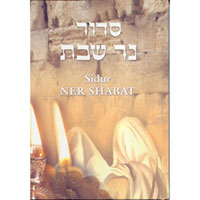
Approx. 900,000 Jews were kicked out (with no right of return) of Muslim/Arabs countries all across the middle east and North Africa last ...
